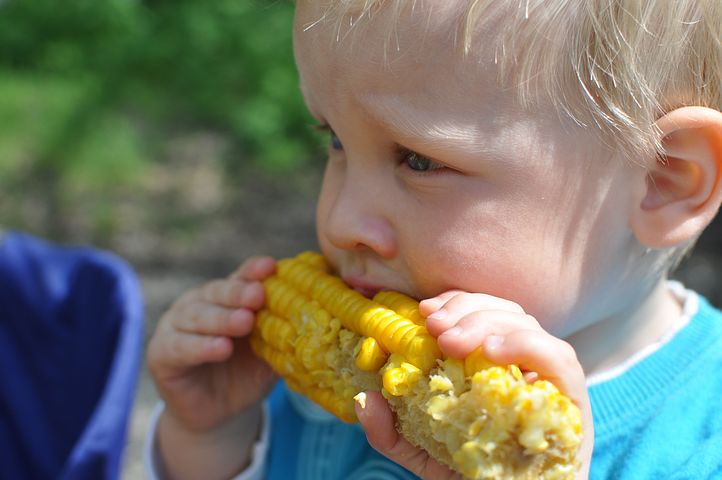
Although dealing with your own loved ones’ dementia diagnosis can be challenging for you, what can make this disease even harder to cope with is when you have a child who loves and cares for this person as well. While you might have an understanding of what’s going on and what will happen in the future with your loved one, your child likely has no idea what they’re in for and how it will affect their loved one and their relationship together. So to help make this time a little easier to bear, here are three tips for helping your child cope with a loved ones’ dementia diagnosis.
Tell The Truth About The Disease
Because dementia can be sure a cruel disease, you might be tempted to try to shield your child from the reality of it and what it’s doing to their loved one. However, this will only serve to make your child more confused and concerned about what’s really going on. Because of this, Jess Baker, a contributor to The Conversation, recommends that you tell your children the truth about the disease and explain things to the best of your ability and their understanding level. Share with them what is happening, how the disease will likely change their loved one, and that there’s no cure for dementia yet. While this can be hard for your child to hear, ultimately it will make things easier to digest and overcome.
Set Realistic Expectations When Visiting
Although the personality and lifestyle of your loved one will likely change, it can be very helpful and enlightening for your child to continue to visit this loved one. However, Alissa Sauer, a contributor to Alzheimers.net, shares that it’s important that you set realistic expectations about the visits with your child. Explain to your child that their loved one might forget things that they’ve always remembered, like their name or how to do things that they once loved doing together. Tell your child that it’s just important that you spend time together and that they try their best to be patient and not take things too personally. With the right expectations, these visits can be helpful for both your loved one and your child.
Find Ways To Laugh Together
According to Caregiver.org, people who are diagnosed with dementia often still retain their social skills and enjoy talking and laughing with those that they’re around. Because of this, you might want to encourage your child to find ways that they can be lighthearted and playful with their loved one. While it’s not going to be nice if you’re laughing at your loved one, showing your child ways that they can have a sense of humor and laugh with your loved one could help to ease any tension or nervousness your child now might feel about this loved one.
If you have a loved one who’s just been diagnosed with dementia, consider using the tips mentioned above to help your children learn to cope with this disease and diagnosis.
